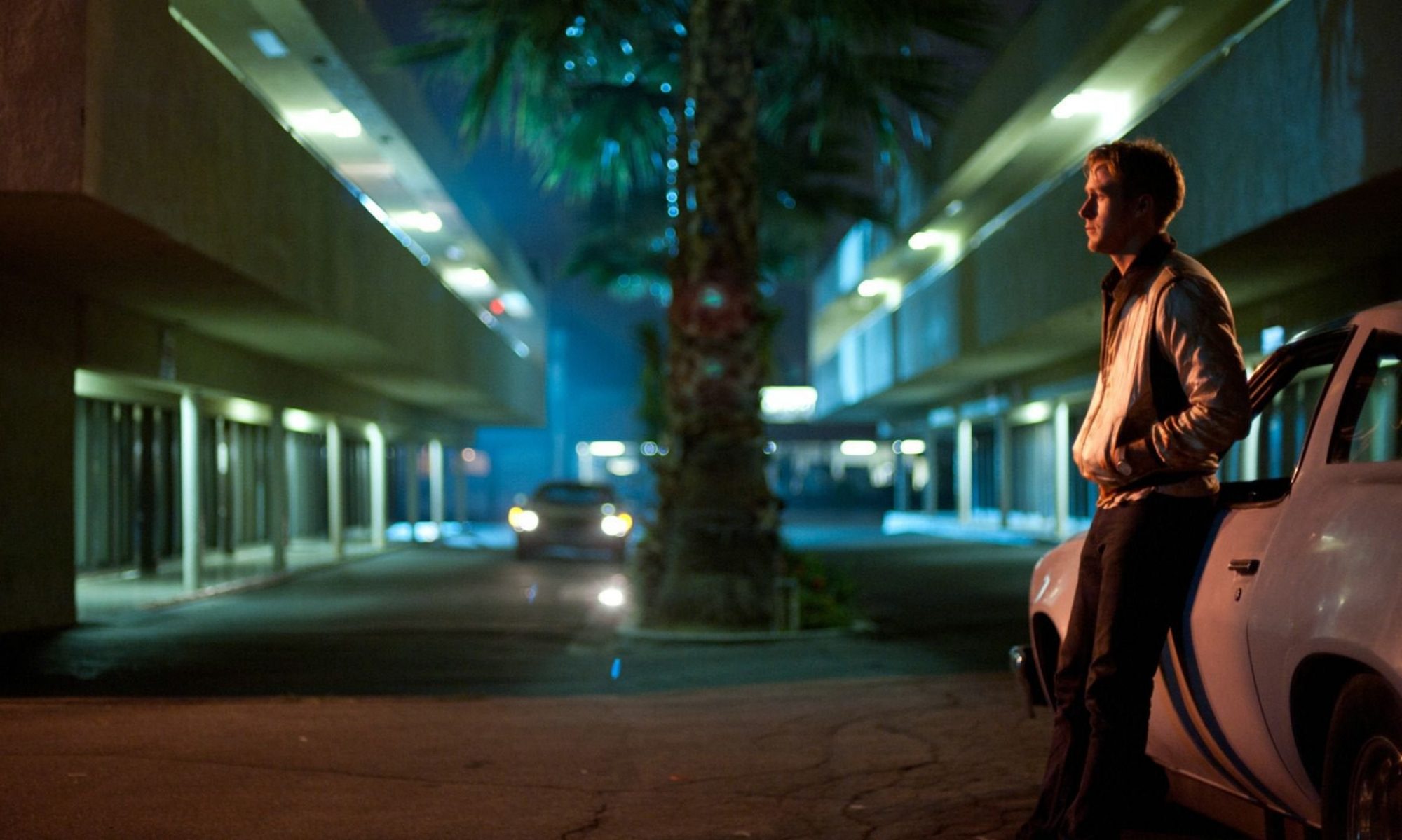It begins in water. It ends in water. Doug Liman and Paul Greengrass perfectly bookend the journey of their amnesiac hero with symbolic imagery, but the three films create a structure of their own through the repeated use of Moby’s now-iconic song ‘Extreme Ways’. The electronica artist was already known for lending his tunes to the dramatic endings of Scream and Heat; the latter film is given a particularly poetic ending through the use of Moby’s ‘God Moving Over the Face of the Waters’, and that’s one I’ll discuss in a later post. But the repeated use of ‘Extreme Ways’ at the end of each film begins to cultivate a distinct gravitas, similar to the ‘dah dah dah’ sound at the end of Bond films. All you need to hear are those first sounds (writer Adrian Hon describes these distinctive noises as ‘Wree! Wree!’, but you’re welcome to interpret them in whatever onomatopoeic form you see – or rather, hear – fit), and you know the protagonist is in the clear.
The Bourne Identity ends as Jason Bourne (Matt Damon), finally escaping the threat of Chris Cooper’s villainous Alexander Conklin, tracks down and reunites with love interest Marie (Franka Potente). Unlike Bond though, all we hear as the two embrace are the sparce, repeating notes of a violin alongside a basic synth motif. There’s no grandiose booms or pomp. While the song subsequently develops into a more textured composition as the credits roll, it’s the minimalism of these solitary first notes that really make an impression. It’s hard to put a finger on what makes these initial sounds so darn great, but perhaps it’s something to do with pace. Each note is long, drawn out and lingering. There’s a measured pause between each violin note.
Perhaps it’s the calming sounds we’ve heard beforehand when Bourne enters the shop, which subtly play upon the song we’re about to hear, lulling the viewer into a sense of ease before the couple inevitably meet. Rather than the original song’s two ‘Wree’s, the cinematic version extends the soundtrack to four. It’s a subtle difference, but an important one. The cinematic version lets us bask in the glory of Bourne’s escape from authorities before it expands into bigger sounds and the narratively apt lyrics.
This ‘slowness’ of the song – allowing the viewer to listen longer without dialogue from either characters or Moby’s lyrics, diegetic or nondiegetic – was clearly appreciated by the filmmakers in The Bourne Supremacy. The exact same version of the song is used again, where Moby’s lyrics begin 53 seconds into the track. This time, Bourne calls Pamela Landy (Joan Allen), spying on her from the opposite building. After she reveals Bourne’s real name – David Webb – she offers to meet him to discuss his identity further. Bourne then advises her to get some rest, before hitting her with the final zinger that she looks tired, thus revealing his position, at which point the ‘Wree’s come back into full force as Pam swerves around to look out the window and we watch Bourne disappear into the crowded streets. The same scene is recycled in ultimatum without Moby’s score, but it’s this one that makes the biggest impact. Unlike Identity, Bourne is now in his element, having experienced the tragic loss of Marie but also defeating the man behind her murder without resorting to the same violent means. The ‘wrees’ serve a similar purpose in showing Bourne’s freedom from malicious forces, but also his newfound confidence in messing with the system responsible for his current state. Comparing both image and sound, we now get more of a ‘take that’ vibe that continues into the final film. Bourne is the master of the situation, and Moby’s song confirms this fact with its stylish beats.
Extreme Ways makes another appearance in Ultimatum’s finale, as Nicky Parsons (Julia Styles) listens to news of Bourne’s potential demise on a nearby television, smirking as she hears the reporter state that no body has been found. Those distinctive ‘wrees’ start up again, and we know Bourne’s made it as we watch his previously still body move and swim to freedom. It’s immediately clear from the subsequent sounds that this is a new version, more operatic, exaggerated, and, in my opinion, not quite as good. Still, it’s a fitting ending to a fantastic trilogy. I noticed that you’re looking tired at this point, hm? Get some rest.
